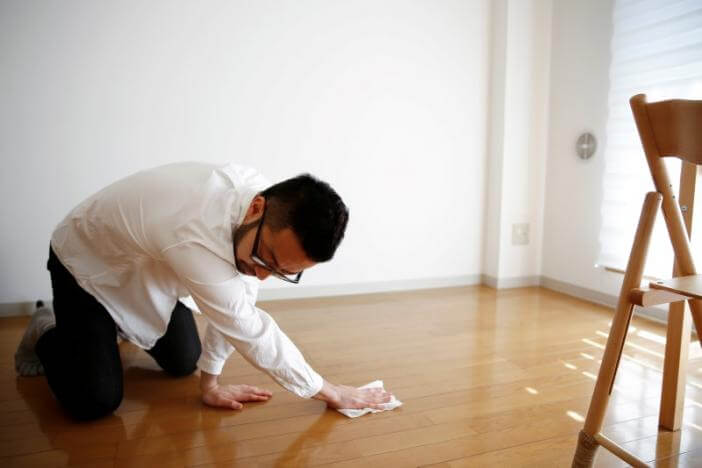
 I find some people are turned off by minimalism and somehow believe it is something only the privileged might indulge in. Only the one who has known “the good life” can denounce it. I suppose this assumption is warranted, many of the popular minimalist stories -including the story of The Minimalists, feature people who lived the good life then realized they weren’t happy and began to downsize. While that may inspire some others may feel the same wouldn’t apply to them, “give me the money and I’ll show you how happy I’ll be”. This is why I find Fumio Sasaki’s book particularly valuable, he wasn’t rich, he wasn’t living the good life, he didn’t “have it all”. He simply realized he had too much of the wrong stuff.
I find some people are turned off by minimalism and somehow believe it is something only the privileged might indulge in. Only the one who has known “the good life” can denounce it. I suppose this assumption is warranted, many of the popular minimalist stories -including the story of The Minimalists, feature people who lived the good life then realized they weren’t happy and began to downsize. While that may inspire some others may feel the same wouldn’t apply to them, “give me the money and I’ll show you how happy I’ll be”. This is why I find Fumio Sasaki’s book particularly valuable, he wasn’t rich, he wasn’t living the good life, he didn’t “have it all”. He simply realized he had too much of the wrong stuff.
As modern people, we all have too much stuff, too many products, too many services, too many expenses. There are poor people in America with cell phones, flat screen TVs, and video game consoles. I often talk on this blog about the value of traditional women’s work but the truth is, it’s very difficult to have that conversation without talking about our consumer habits. If we’re all required to have smartphones, phone plans, tv, cable service, Netflix, etc. it becomes impossible to imagine a family living off of one income, but when we start to question our consumer habits it becomes easier to question our work habits.
“Why do we own so many things when we don’t need them? What is their purpose? I think the answer is quite clear: We’re desperate to convey our own worth, our own value to others. We use objects to tell people just how valuable we are.”
We also have to question what our stuff means for us. How much of the things we buy are just for show? The things we buy are easy ways to signal to others who we are and what we’re about, an easy and expensive way. He also asserts that our stuff often serves as an excuse to be anti-social, people were shocked by one Japanese minimalist who threw out her high school yearbook, how could anyone throw away something so precious? Yet, in reality, Sasaki replies, she will actually gain far more by not having the book because it will give her a chance -whenever the mood strikes, to call up an old friend not only to see the book but also reminisce about the old days, together. This point rung quite true for me, why do I personally need to own so many books? Wouldn’t it be better to give them to the library where they’ll be accessible to everyone? I’m not quite ready to do something so radical, but I heed his point.
“Minimalism is just the beginning. It’s a tool. Once you’ve gone ahead and minimized, it’s time to find out what those important things are.”
In the end, Sasaki tells us, minimalism is not a goal but a tool. A tool that helps us better discover what’s actually important to us. Whether you take this approach to your clothing, your home or your office space, the more you get rid of what you don’t need you’ll also discover what you do need. Though this isn’t a major point in the book, I don’t think the connection between minimalism and a host of other issues can be downplayed. Overconsumption is at the root of environmental issues, worker’s rights, obesity, clutter, hoarding, waste, anti-social behavior etc. A lot of our modern issues boil down to an issue of over-consumption and a minimalist approach is one valuable solution.
Order the book here: amzn.to/2DiXZIv Read more quotes here: bit.ly/2qPQ9DB Read other reviews here: bit.ly/2mfQNEX





Recent Comments